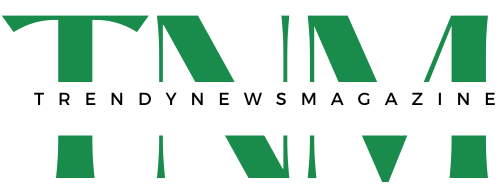You could be wondering how to submit your references while applying for jobs. Should they be included in the original application documents? What is the best way to include references on your resume?
The answer is you don’t.
It is wasteful to include references on a CV that should only be one page (or maybe two). A hiring manager or recruiter may only be able to contact references for those who apply for an open job or even everyone brought in for an interview. So make a place on your CV for a description of your abilities, achievements, and credentials.
What about stating on your CV, “References available upon request”?
Avoid this as well.
“There is no need to provide references on your CV.” “It is believed that you will disclose the information when asked,” say the experts. Don’t use a resume line to state anything obvious. (If you wanted to be available for interviews upon request, you wouldn’t put it on your resume, would you?)
Continue reading to discover how to properly list your references on resume, and see an example.
When Do You Need References?
If you’re applying for a job, you do not need to provide references. Employers usually check references before making an offer, so it’s a good idea to have them ready to go before an interview.
If a company is ready to hire you but wants to check your references first, you want to avoid holding up the process by asking people to be referenced or getting their contact info. Make sure your references are ready and keep them updated throughout your search.”
What kind of references should you ask?
The majority of companies require candidates to provide two or three references, so it’s best to have three ready at all times. Some potential employers may want a particular mix of references.
However, it is generally a good idea to include former managers (or your current manager if they are supportive of your job search) and former or current colleagues in your resume.
You could also list professors with whom you worked closely if you’re early in your career. If you’re going to be in charge of a team, you might be asked for a reference from someone who worked for you before. Account management jobs may require references from former clients or customers. Ensure you are familiar with the industry standards.
How to Give Your References to an Employer the Right Way
Once you know who will be your references, you should make it easy for employers to ask for them. So, you should put all the information you need on a reference sheet, a handy, well-formatted document that can speed up the final stages of the hiring process.
Your reference sheet can be attached to an email or copied and pasted into an email when the time comes.
What You Should Put on Your Reference Sheet
On your reference sheet, you should list the following for each reference:
- Name
- Current Job/Position
- Company
- Phone Number
- Email Address
- The reference description should include where, when, and for how long you know this person or have worked with them. In the next section, you’ll see what it looks like in action.
As the company won’t be sending anything to your reference, you don’t have to list their home or work address. You can add “(preferred contact)” next to a reference’s name if they strongly prefer a certain contact method.
The hiring manager will appreciate it if you include your name, phone number, and email address at the top of the resume (see the example below).
Example of a Reference Sheet
Here’s an example of what your reference sheet might look like:
It is not only conventional practice to exclude references from your resume but also kind to the people you’ve requested to speak on your behalf. When potential new employers contact them, you will be notified when you provide their names and contact information when requested. Keeping them informed about potential new employers, relaying pertinent information about the position or company that you are applying for, and thanking them for their help will prove beneficial to them.
Key takeaways
- If an employer doesn’t ask you to, don’t put references on your resume.
- Look for other ways to highlight a former employer’s recommendation, like a letter of recommendation.
- Only list professional references if you’ve talked to each person first.
- If you do list references, you should list at least three.
For More Amazing Updates, Keep Visiting Trendy News magazine.


